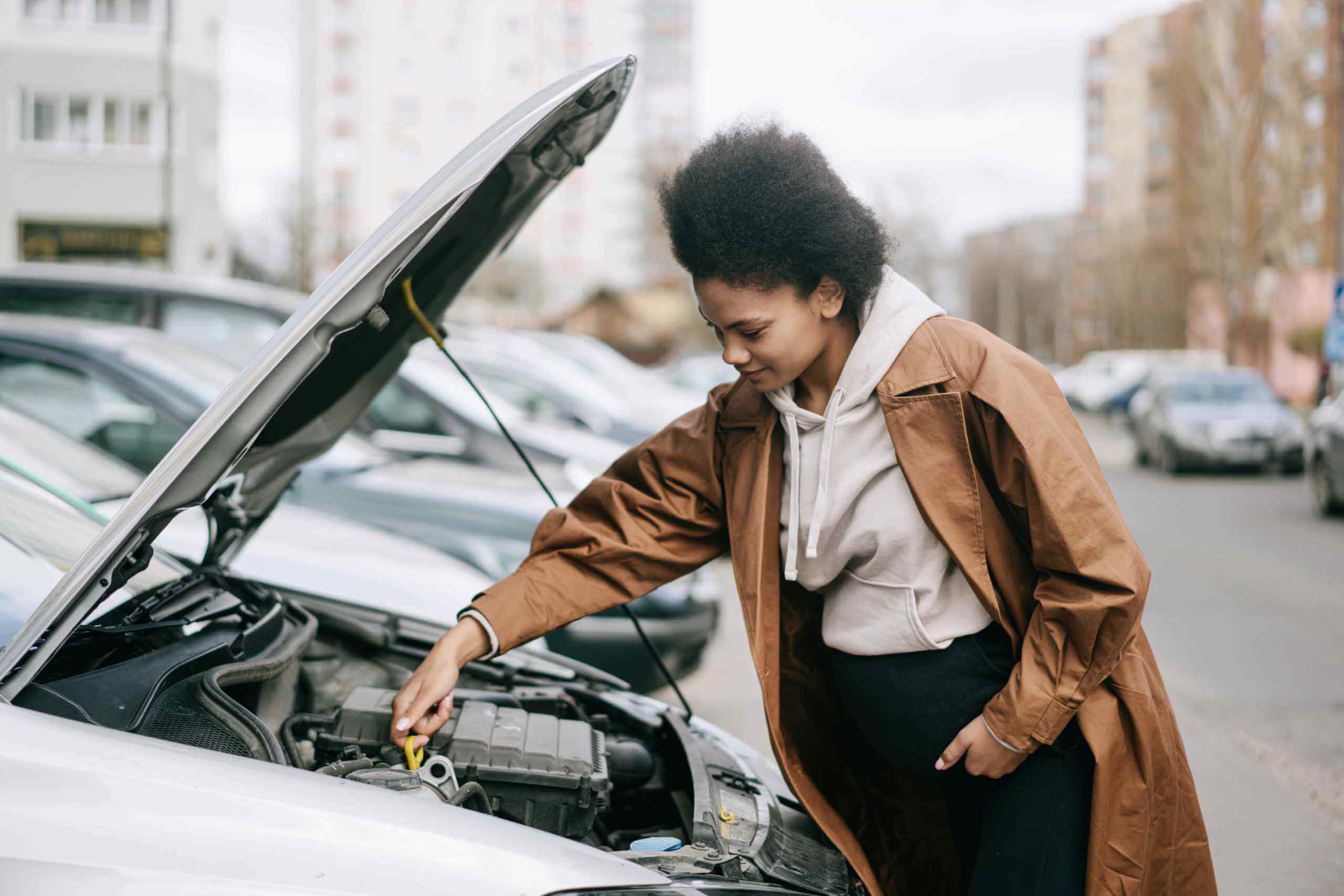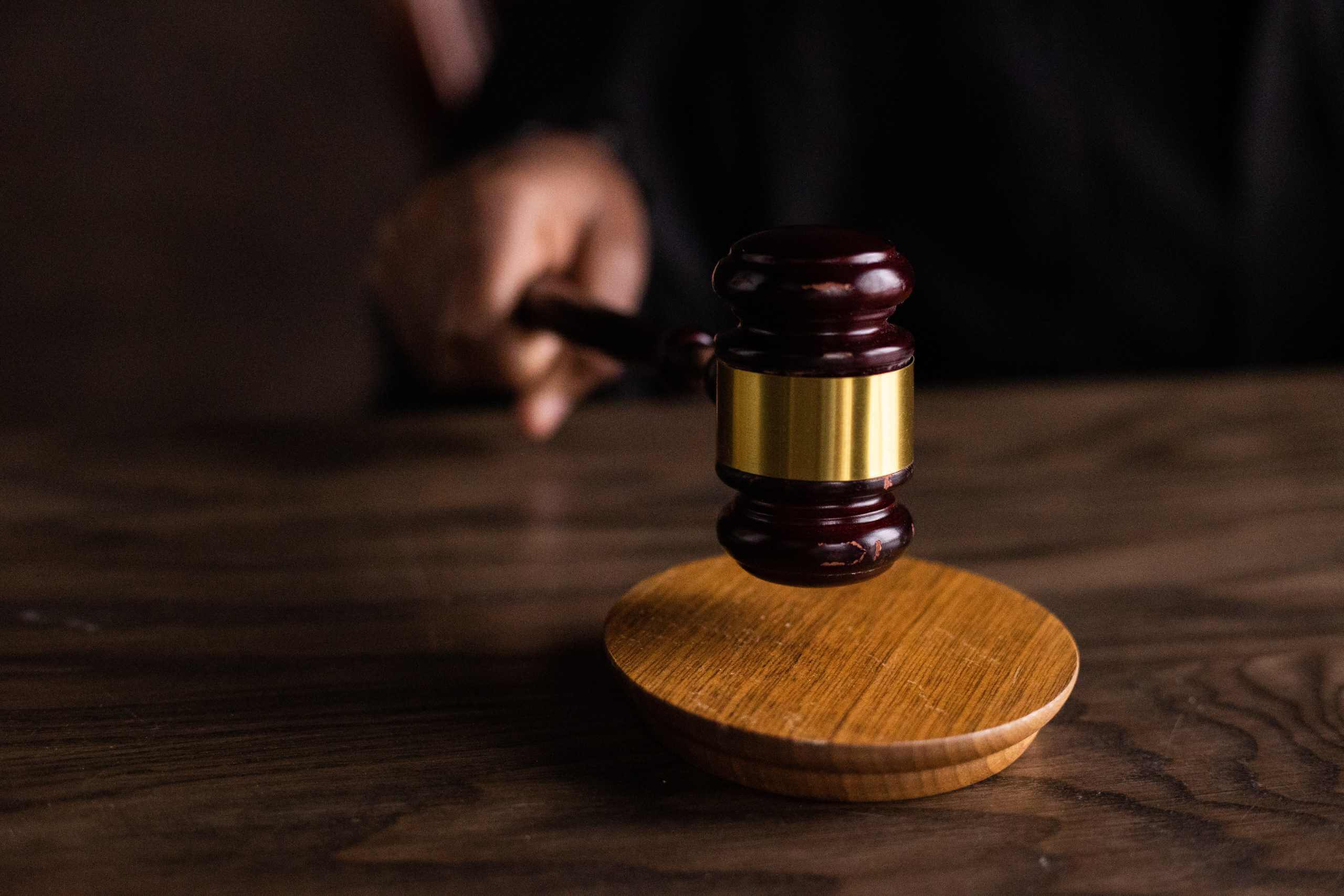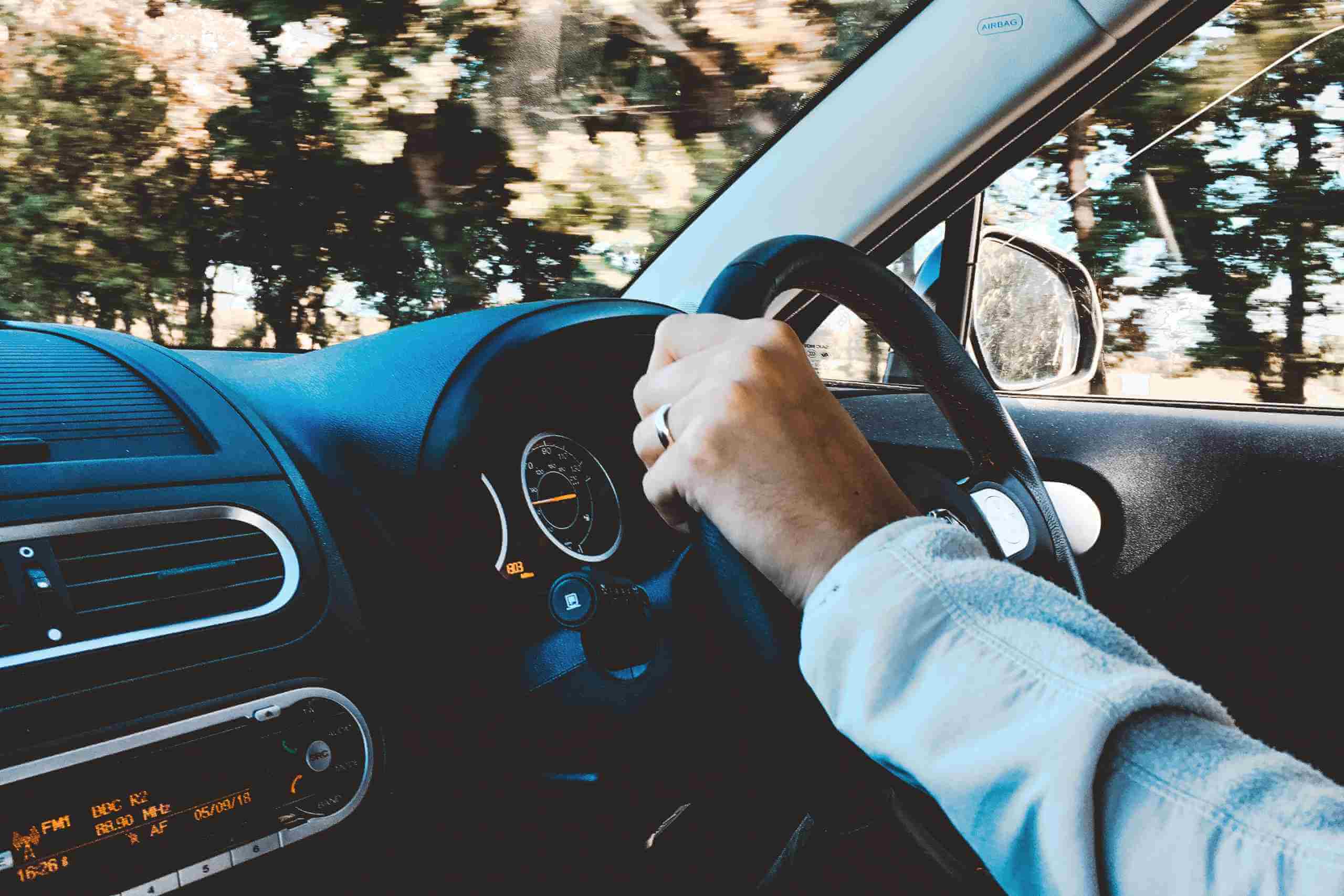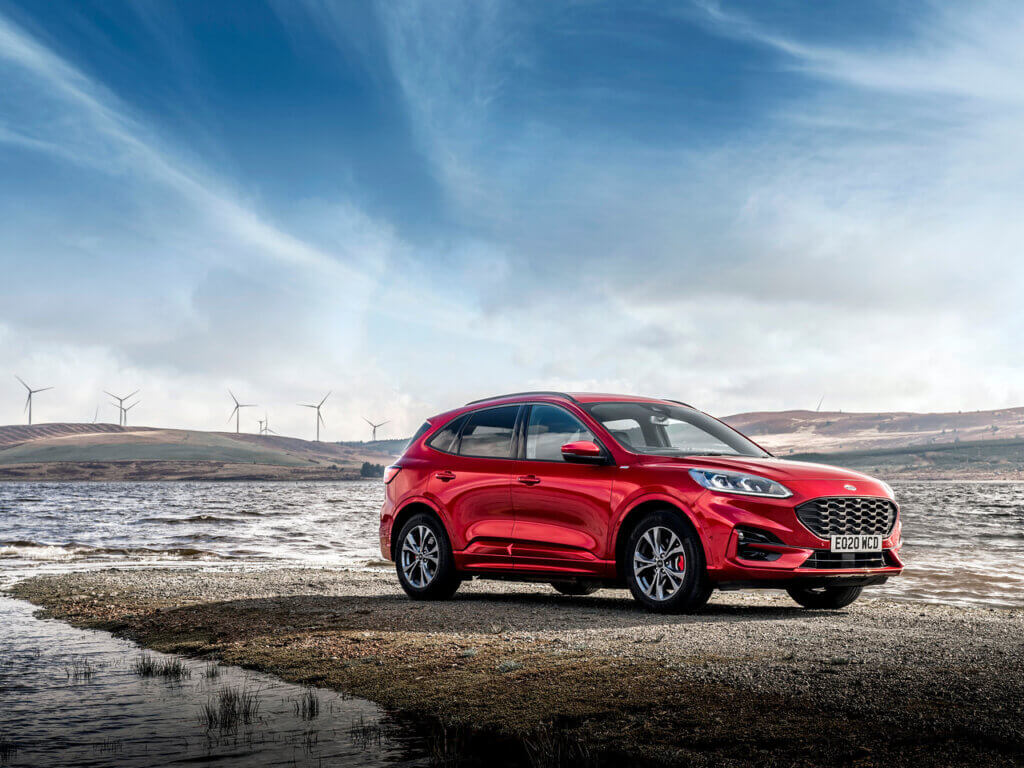What should you check when buying a used car?
Once you’ve decided where you’re going to buy a car from, the next step is to find a suitable vehicle. There are several things you should research and check prior to purchasing a vehicle, giving you the best chance of finding a car that’s a great deal.
Factors to consider before you visit a vehicle

Before you visit a vehicle, there are a number of things you’ll want to research in advance in order for you to be prepared should you choose to visit:
1. Budget
First things first, you want to create a budget of what you can afford. You’ll want to separate your expenses from your income and work out a realistic figure that you can spend on a used car.
If you plan on financing the vehicle, you should work out an affordable monthly payment and deposit that you’re happy to pay by using an online car finance calculator. This will then allow you to refine your search and only view cars that are within your budget.
2. Research
Having worked out what your budget is, you can now start narrowing your search down to vehicles that you like the look of. With a wide variety of options to choose from, it’s worthwhile considering a wide variety of makes and models that appeal to your needs.
When researching, you’re able to read expert used car reviews that can help you get a better feel of each vehicle’s strengths and weaknesses. Our handy car price guide can also assist in working out what you can expect a car’s price to be, ensuring you don’t overpay.
Finding a handful of vehicles that appeal on paper will allow you to save time test-driving vehicles that aren’t right for you. Online advice can also help in explaining other factors, such as which fuel type and powertrain is right for your lifestyle.
3. Running costs
When researching vehicles, another factor to consider alongside your budget is running costs. You’ll want to:
- Get quotes for car insurance.
- Check the vehicle’s road tax cost (this can be done on the Government website).
- Consider the fuel consumption of any cars on your shortlist to ensure they’re suitable for your estimated annual mileage.
- Factor in maintenance costs such as an MOT and servicing.
4. Do a stolen car, vehicle history and MOT check
When you’ve found a few cars that are for sale, you can gather further information to build a clearer picture of their history and general care. You’ll want to:
- Run a HPI check to ensure the car isn’t stolen.
- Conduct a free MOT check – this can be done on the Government website.
- Review the vehicle’s Euro NCAP safety rating and see if there are any outstanding recalls you should be aware of.
- Complete a vehicle history check using a reputable online service to help you avoid scams and uncover information that may not have been disclosed.
5. Ask about the relevant documents
While you’re unable to thoroughly inspect the vehicle’s documents at this time, asking whether the owner has the required documents in advance can help. You should ask if they have:
- V5C Document in their name with the correct address.
- Service history, and whether it’s full or partial.
- A current MOT certificate (although this can be checked online, as previously mentioned).
- The vehicle’s handbook.
If the owner hasn’t disclosed that these documents are missing prior to you viewing the vehicle then this can be a telltale sign that the vehicle is best avoided. Records such as service history can be lost over time though, particularly with older vehicles, so you’ll need to take each vehicle on a case-by-case basis.
6. Part exchange valuation
If you have a current vehicle that you’d like to sell, it’s worthwhile doing a part exchange valuation ahead of time if the dealership you’re buying from offers this service.
You can also cross-reference the price offered using an online valuation tool in order to understand if you’re getting a good price.
7. Shop around
Finally, before you head down to your nearest dealership or closest private seller, it’s worthwhile shopping around in order to get a better understanding of a fair price for your next car.
Used car prices have been known to differ slightly depending on your location, so if you don’t mind travelling further afield then you may be able to get a better deal.
Factors to consider when viewing a vehicle

Now that you’ve got your shortlist and are ready to go and view the vehicles, you’ll need to be aware of a few important checks to conduct.
If you’re not confident, then you could consider taking a friend or family member who’s more knowledgeable. Alternatively, you can pay for a mechanic to attend the viewing and inspect vehicles for you – let the seller know that this will be happening in advance.
If at any stage something feels strange, then you should walk away from the deal – never feel pressured into buying a used car that’s not the right fit. You’re better off looking elsewhere than purchasing a car that’s not suitable or has question marks against it.
While viewing the vehicle, you’ll want to consider:
1. The vehicle’s condition
Always examine the car, from top to bottom and inside and out. You want to look for signs of damage, that mileage matches the age, and that the overall condition of the vehicle is aligned with what you expect.
There are a variety of components to check, so you may want to put together a vehicle inspection checklist for you to refer to while viewing the vehicle. The checklist could include:
- Bodywork – look for scratches, dents, damage and window cracks. Large panel gaps can also be an indicator of a previous accident.
- Interior – again look for any damage, but also check all the electrics, components, seatbelts and technology work as expected.
- Engine – look for both oil and coolant leaks and inspect the radiator, timing belt, coolant, battery and radiator.
- Exhaust – do a cold start: thick white, grey, or light blue smoke from the exhaust are problem signs.
- Wheels and tyres – check the tyre tread and test the suspension by pushing the car’s corners, listening out for unexpected creaks and noises.
- Gearbox and clutch – ensure the transmission is smooth and test the clutch’s biting point.
When viewing a car, your senses are your best friend, so use your eyes, ears and even your nose to detect anything that’s out of the ordinary.
2. Questions to ask when buying a used car
What to ask when buying a used car is also important. The right questions will help you build a better picture of the vehicle’s past, filling in any blanks that may be present. You want to ask the seller the following:
- What vehicle checks have been carried out and when?
- How many previous owners does the car have? (this can also be found on the V5C document)
- Has the car ever been involved in a collision and if so, where was it repaired?
- When is the car’s next service and MOT due?
- Is the car, or has it ever been, modified? (this can affect insurance and car depreciation)
- Is the car still under warranty, and if so, how long is left?
- When was the vehicle last serviced and MOT’d and do you have a history of these records?
- About any specific requirements you have such as towing capabilities, for example.
3. Space and practicality
Get inside and sit in every seat to get a feel for the car from every point of view. You want to make sure it’s spacious and practical enough for your needs and daily duties, so check the cubbies, storage areas, and of course, the size, shape, and lip of the boot. You may also want to ask yourself:
- Are the seats comfortable?
- Can you adjust them and move them easily to meet your needs?
- Can you get in and out easily?
- Is the boot the right shape and size for your requirements?
4. Check documents
Now that you can see the documents in person, it’s time to give them a thorough review. Pay attention to the following:
- V5C document – look for the DVLA watermark, and ensure the registration and car’s VIN numbers match the V5C. Also, ensure the seller is the one registered on the V5C, and that it’s their address.
- MOT certificate – check the expiry date and pay close attention to notes from the mechanic. Look for any recurring issues that are listed and ask whether they’ve been rectified.
- Service history – look through the documents to see how well the car has been cared for. You want to see if the seller has all (or the majority) of the receipts too. If they do, it’s a good sign they looked after their car.
- Vehicle handbook – make sure they have it present.
5. Mileage
Of course, you’ll have checked the mileage during your vehicle inspection, but it’s worth double-checking to ensure it aligns with the car’s records. You should:
- Inspect the odometer for any signs of tampering, such as worn or replaced screws.
- Review the car’s mileage and ensure it’s in line with the MOT certificate and service records.
- Confirm that the mileage matches the age and condition of the car.
- Use a full vehicle history check to help spot mileage fraud and car scams, such as clocking.












